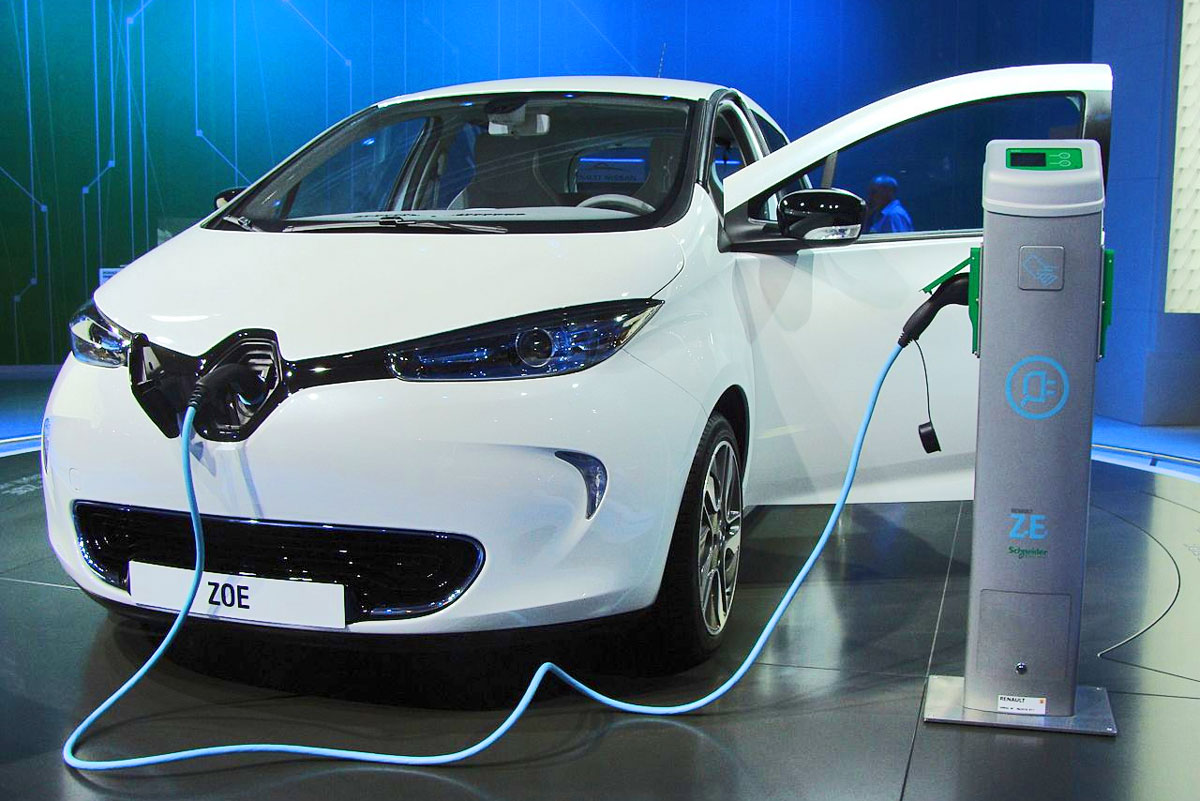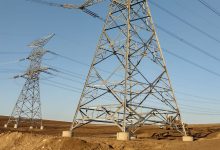Electric car sales surged in 2017
In 2011, the first charging station for eco-friendly vehicles was opened in Romania. Meanwhile, electric and hybrid cars have begun to take their place on Romanian roads and, with them, the electric ‘filling stations’ have multiplied. Sales of eco-friendly vehicles grew exponentially in 2017, driven by the ‘Rabla Plus’ government program for both individuals and businesses. Last year, the Ministry of Environment, Water and Forests (MMAP) granted through this program EUR 10,000 for the acquisition of electric vehicles and EUR 4,500 for the acquisition of hybrid vehicles. Compared to the previous year, the value of these subsidies doubled, Romania thus managing to provide the most generous subsidies among Eastern European countries.
Of the total 2,074 eco-friendly vehicles sold in the first ten months of 2017, 296 were 100% electric cars, number more than double compared to the first ten months of 2016, when 103 vehicles had been sold. Also, the sale of hybrid vehicles climbed by 143%, to 1,779 units. Statistics show that a year ago the number of new electric and hybrid vehicles sold in Romania was 1,195 units, by 205% higher compared to 2015.
Changes for 2018
The Ministry of Environment has recently changed the ‘Rabla Plus’ Program Guideline, to become more accessible to those who want to purchase electric cars. Thus, responding to the requests received, a new category of vehicles financed through the Program was introduced, namely the electric quadricycles, which can be purchased from 1 January 2018. Also, in order to ensure an efficient use of the amounts allocated to finance the entire Program, a maximum financing percentage of 50% of the purchase price of electric vehicles was introduced, taking into account the value of the eco-voucher, of approximately EUR 10,000, reported to the existing prices on the market. Another change brought to the ‘Rabla Plus’ Program was the elimination of the term of 31 December until when invoices for the acquisition of new electric vehicles can be issued, taking into account the large periods of time necessary for producers to deliver the respective vehicles. Thus, the invoices can be issued within the 180-day validity period of the notes of registration of individuals and legal entities, without conditioning the delivery of vehicles until the end of the tax year.
252 stations funded by the EU
The NEXT-E consortium, which includes E.ON Romania, will receive funding of EUR 18.84mln through the Connecting Europe Facility (CEF) program, to build, by 2020, 252 fast and ultra-fast charging stations for electric vehicles in Central and Eastern Europe, including in Romania. The network will include 222 multi-standard charging stations (50kW) and 30 ultra-fast charging stations (150-350kW) for electric vehicles along the main European transport corridors and the trans-European transport network (TEN-T) and will connect six countries in Central and Eastern Europe, on the main routes: the Czech Republic, Slovakia, Hungary, Slovenia, Croatia and Romania. The consortium consists of companies within the E.ON Group (Zapadoslovenská energetika in Slovakia, E.ON Czech Republic, E.ON Hungary, E.ON Romania), MOL Group (the subsidiaries in the six participating countries), Hrvatska elektroprivreda from Croatia, PETROL (in Slovenia and Croatia), as well as Nissan and BMW. Installing the fast charging stations will start in 2018, while the installation of ultra-fast charging stations is planned for 2019, anticipating the new generation of extended-range electric vehicles. Project completion is estimated for the end of 2020. NEXT-E project was selected by the European Commission, in July 2017, for co-financing through the Connecting Europe Facility (CEF) program.
40 e-charge stations, by E.ON and MOL
According to this program, which benefits from EU funds, companies E.ON and MOL will develop in Romania a national network of 40 charging stations for electric vehicles. 19 stations will be installed by E.ON Energie Romania, which will support this investment through European grants, worth over EUR 1mln. Also, in turn, MOL Romania will install other 21 charging stations, which will be located in the fuel distribution stations operated by MOL. They will cover important points on three road transport routes: Arad – Bucharest – Constanţa (the VI pan-European corridor), Sebeş – Târgu Mureş – Iaşi and Suceava – Bucharest – Giurgiu (partially the IX pan-European corridor).
Ambitious plans at Rompetrol
Rompetrol Downstream, the retail company of KMG International, also plans to open several charging stations. Thus, the plan for 2017 targeted an investment of EUR 10mln in this objective. As company representatives announced in May last year, when the first charging station for eco-friendly cars was opened, the project aimed at building eight filling stations with 50kW charging stations in Baia Mare, Câmpulung Moldovenesc, Bucharest, Timişoara, Bucharest Ring Road and other areas.
OMV is testing the market
Early last year, OMV Petrom also opened its first charging station, in partnership with Electrica. Six outlets were installed within this partnership. Austria’s OMV announced in April last year that it would take over a 40% stake in Smatrics, a provider of charging stations for electric vehicles. Smatrics, company controlled by Verbund and Siemens, manages approximately 40 charging stations in Austria, for which the hydropower producer Verbund supplies energy. Also, Smatrics deals with the construction and management of charging stations in filling stations, for private households and companies, for hotels and transport companies.
Stations in airports
The one who broke the ice is Timişoara International Airport, which opened in November last year the first e-charge in such a location. The station provides the possibility to charge simultaneously three electric vehicles and will operate free of charge until the summer of 2018. A full charge takes about 3-4 hours, but a fast way is also available, which can charge 80% of the battery in just 30 minutes.
EV-Box has entered the Romanian market
Volt has taken over distribution for Romania of EV-Box products, the global leader in the production of charging stations for electric vehicles, according to a communique of the company. “We have charging stations specialized for public use, for businesses, and also for household use. Either you want to install them in your parking at home or to charge your own fleet of 50 vehicles, or for public places. From simple stations of 3.7 Kw, with a single outlet, up to charging stations with 2 outlets of 22 Kw each, which can be connected to each other and can be managed directly from the computer, on the Internet, to make your work easier and improve your control”, Adrian Săcuiu, managing partner of Volt, has stated. EV-Box is the global leader in the production of charging stations for electric vehicles and of software for them, with over 50,000 stations installed in over 30 countries and 980 cities. Established in 2010, in the Netherlands, EV-Box became the only provider of public charging infrastructure in cities such as Amsterdam, Rotterdam and Monaco. The company was bought in 2017 by the international group Engie.
Horizon for 2020
The Executive has requested municipalities across the country to build charging stations for electric and hybrid vehicles. The municipalities will be required to install at least four charging outlets in the localities they manage. Government thus wants to have by 2020 on Romania’s territory at least 20,000 charging points installed within the network.







